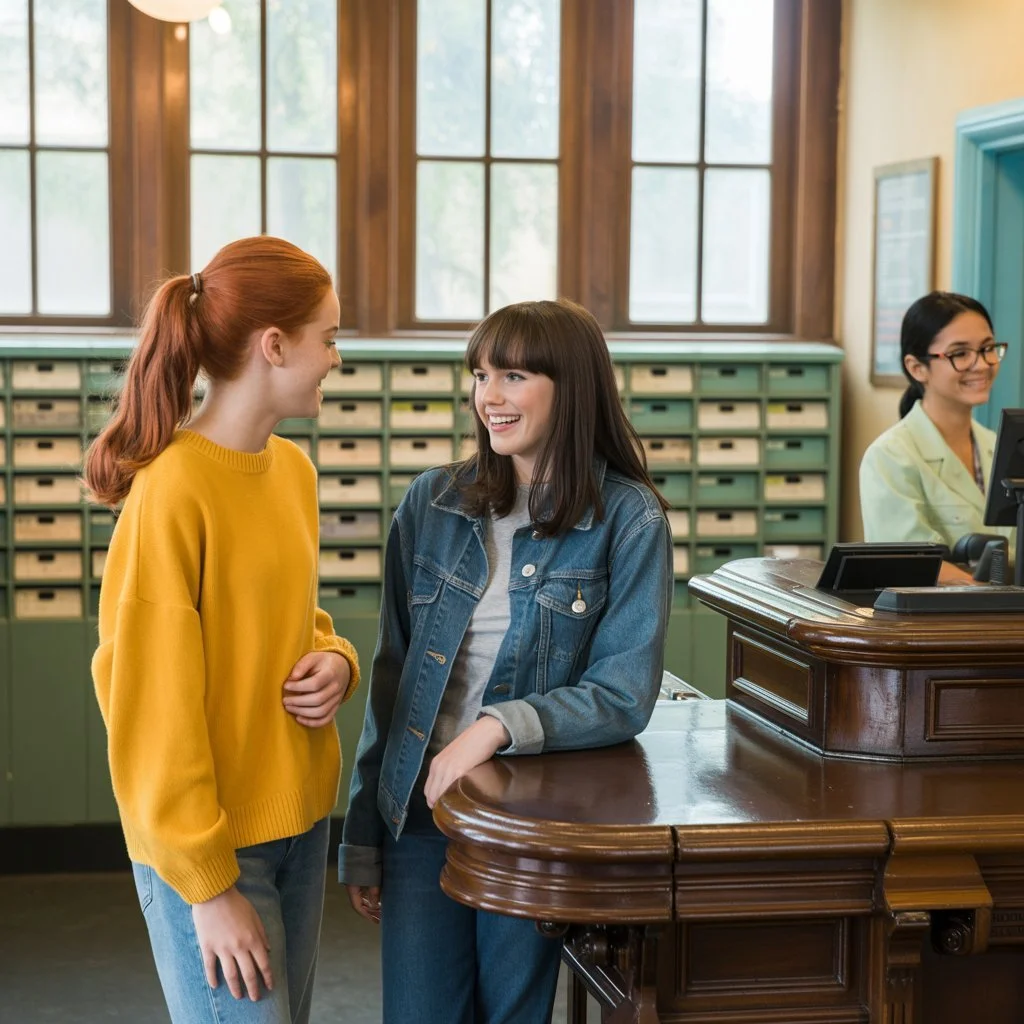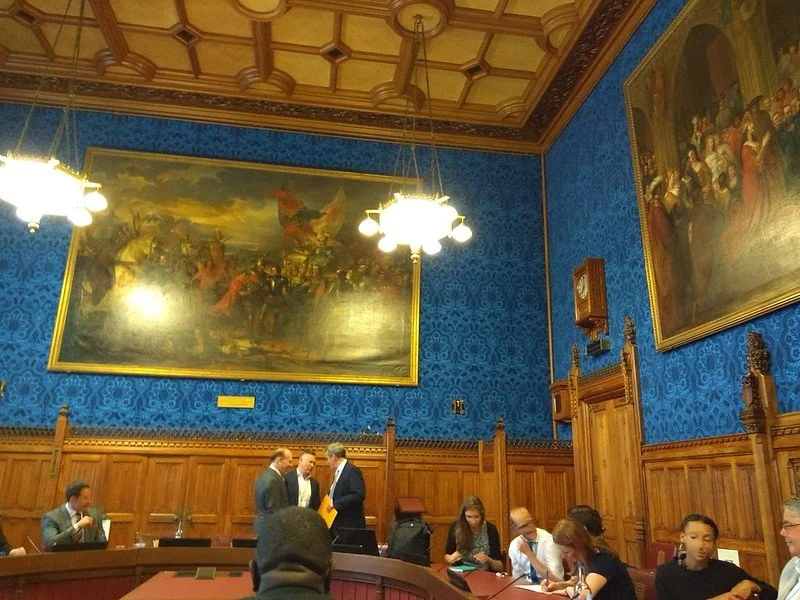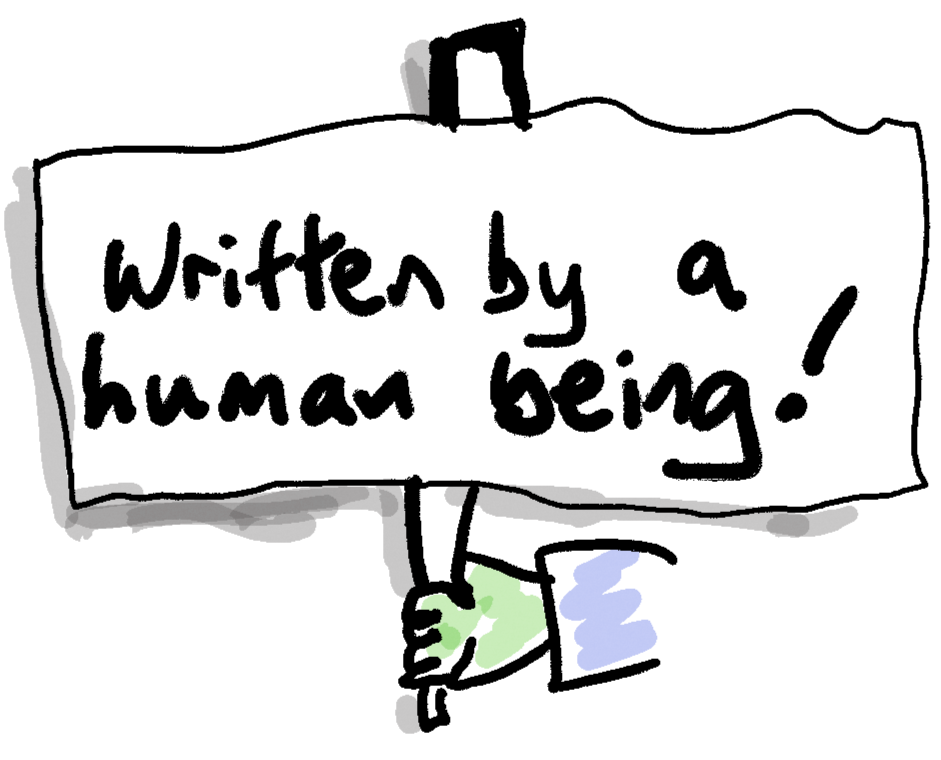I overheard a great conversation yesterday. Two girls were chatting behind me in the queue in the Post Office. From their discussion about school options and examinations, I’d say they were around 14 and 15 years old. Here’s part of the conversation, it really made me smile….
Read MoreIn my past roles as ICT Co-ordinator or e-learning co-ordinator, I have formed and chaired an ICT or e-learning committee. What are the advantages and disadvantages of having such a body?
Read MoreThis a revised version of a previously-published article.
Read More"I wonder if it's possible to write a poem about coding", I thought to myself. Well, it is, and here it is. First Chaucer, then Shakespeare, and now me. No doubt schoolchildren of the future will be studying this for their Eng Lit exams, but in the meantime you can read it here first! Enjoy.
Read MoreDo advertisers know something we don’t?
Read MoreIs your documentation well-written but useless?
Read MoreHere is a list of predictions I made in 2001 about the classroom of the future, with an evaluation of its accuracy.
Read MoreSo many authors think they ought to be the recipient of the Nobel prize for literature.
Read MoreI want to be able to have as much access to technology when I'm in a school as what I enjoy in my own home. I don't think that is too much to ask, but maybe that's me.
Read MoreWhen I worked as a Technology Coordinator, a large part of my job was to encourage teachers in all subjects to make use of educational technology in their lessons and, even better, to build it into their schemes of work. It was something of an uphill struggle sometimes...
Read MoreImagine the scene: a visiting dignitary, or an inspector, is shown into your classroom and, as is expected of anyone in that situation, walks around the room chatting to the pupils. She notices...
Read MoreFREEBIE! Having been going through my files and digitising them, I came across this little booklet I created back in 2005.
Read MoreThe way some people describe Computing makes it sound (let's be honest here) dead boring. The subject gets reduced, in effect, to 'coding'.
Read MoreI daresay there are schools in which teachers are expected to divide all their lessons into manageable chunks in accordance with Cognitive Load Theory (CLT). The fact that CLT is light on the specifics and is a load of rubbish is seemingly no deterrent.
Read MoreOn the ICT & Computing in Education blog I had one of my peridodic digs at politicians. Over on my Eclecticism newsletter I wrote about my writing process.
Read MoreIn my opinion, the potential benefits of artificial intelligence make it a very attractive proposition for use in education. Since republishing this article, I commented on a post by Miguel, who then responded with another blog post citing mine. His article takes mine a few steps further, because he asked ChatGPT to advise him on how to give feedback to some work.
Read MoreIn my opinion, the potential benefits of artificial intelligence make it a very attractive proposition for use in education.
Read MoreHow can the insights of “one-upmanship” be applied to education technology?
Read MoreJust before the end of the last school year I published an article about memory, and a review of a book about memory.
Read MoreHere’s a rum thing. While trawling through the Freedman archives looking for something exciting to read (actually, an excuse for not getting on with the work I’m meant to be doing), I came across this old newsletter.
Read More










